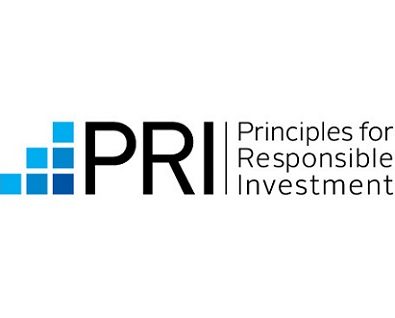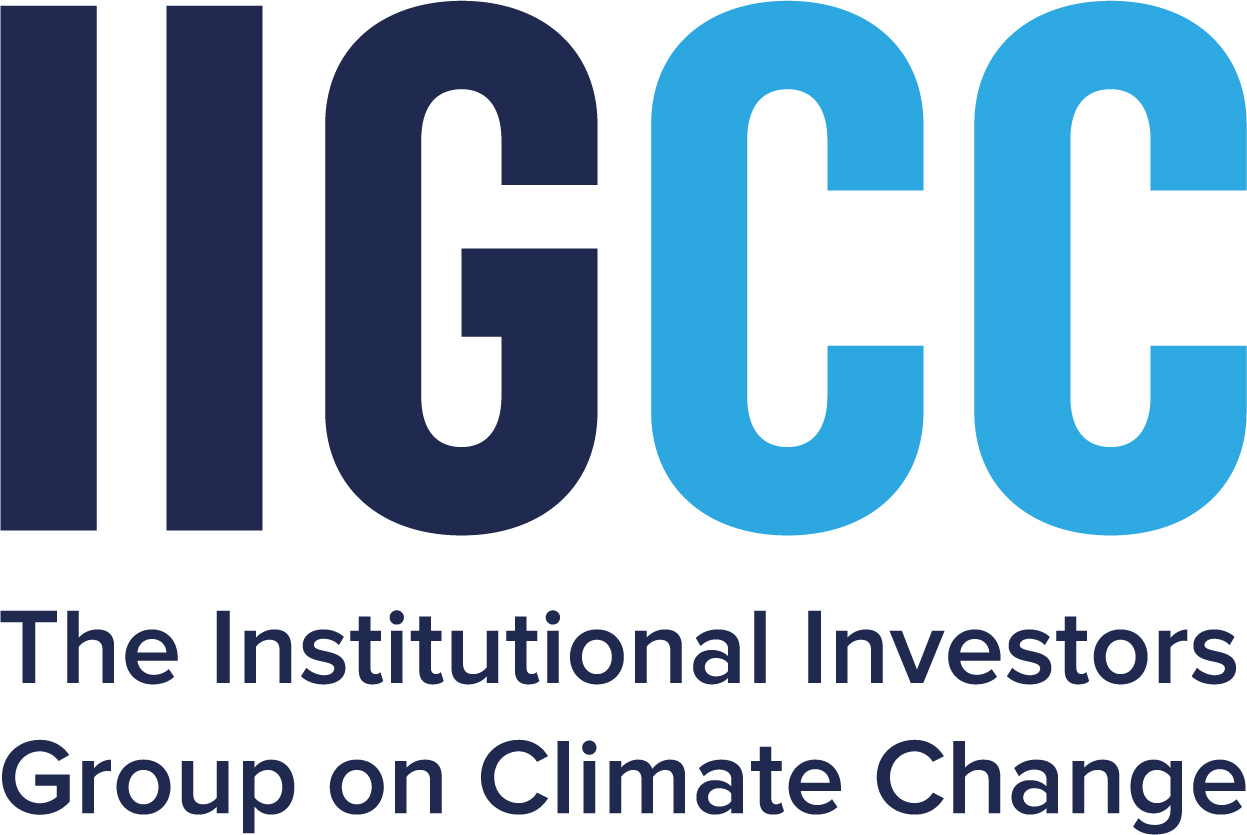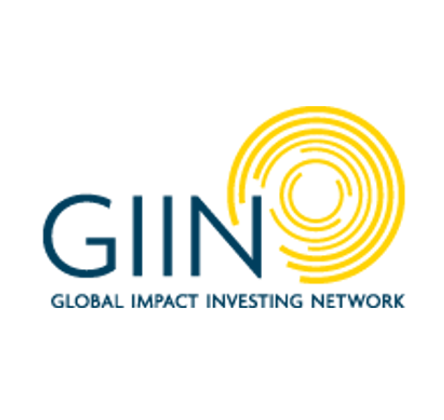By Nancy Pfund, Eitan Hochster, and Yonatan Landau
Imagine for a minute that you can invest in one of two companies:
Both provide lunch to schools. Company A is very large and operates to minimize costs: it uses cheap ingredients and serves processed food that doesn’t spoil. It classifies many of its regular workers as part-time to avoid paying benefits.
Company B provides healthy food with fresh ingredients. Its regular workers get full employee benefits including health care, stock options and opportunity for advancement. It also provides nutrition education programs to school districts to tackle childhood obesity.
In the past, the first company would have perhaps been the obvious choice for investors reading Forbes. Its balance sheet allows the company to charge lower prices in selective competitive situations, and thus one might expect it to maintain its market share. And yet, Revolution Foods, a company that provides healthy food for schoolchildren and benefits for its regular workers, is rapidly taking market share from established traditional food providers. In doing so, it is providing one million healthy, affordable and fresh meals a week for a population that is two-thirds low-income households.
This is not a unique story, but one that is indicative of one the most significant developments in business today. According to a recent study by Deloitte of 5,000 millennials in 18 countries, respondents ranked “to improve society” as the primary purpose of business. This shift in beliefs is compelling businesses to consider not only profitability but also social impact. A business that chooses to operate like Revolution Foods will often out-compete its competitors thanks to a new generation of consumers, employees, and investors.
Customers
The trend of conscientious consumption is not new, but has been reaching the mainstream over the past several years. According to a Nielsen study, two-thirds of consumers prefer brands that give back to society. TOMS Shoes and Warby Parker have built strong consumer brands with devoted customers thanks to their buy one-give one operations. Consumers not only want brands that do good they also care about the conditions under which the products are made. Of the 250 largest companies in the world, 93 percent publish corporate sustainability reports. These consumer trends are not on the margins and they are only growing in breadth and depth.
Employees
Just as significantly, skilled labor is flocking to jobs that are imbued with meaning. At SolarCity, the prize for the top salesman is not the standard trip to Hawaii, but the opportunity to work on GivePower, SolarCity’s nonprofit bringing renewable energy to the developing world. A recent study by Net Impact showed that 58 percent of graduating students were willing to take a 15 percent pay cut to work in an organization that shared their values. Businesses that provide fulfilling workplaces for employees will be able to attract top talent.
Investors
We are living in an age of accountable business. Investors, big and small, are now taking ownership not only of corporate profits but also of their social and environmental footprints. And financial institutions are responding to this market demand. Blackrock has launched a fossil-free ETF and Morgan Stanley has put a billion dollars into sustainable investments. Small investors have invested over $6M through Mosaic, a solar crowdfunding platform. These products are not only the result of budding investor responsibility, but also their desire for returns. A meta-study done by Deutsche Bank showed that companies with high corporate responsibility or environmental and social governance (ESG) ratings have lower cost of capital than their peers, indicating that lenders view them as less risky. The results of most studies suggest that a high ESG score signals a more profitable firm.
Despite these trends, impact investing—as this movement is often called—is consistently under attack. The resistance to impact investing is perplexing. Many of the loudest objections come from the very people with the greatest faith in the power of laissez faire economies. Should we not look to the power of the free market for help solving our problems like public health and climate change? Over the next decade, society will demand that the business community address, or at least respond, to these issues, and the businesses that do so will reap the greatest returns. They will do it through better customer loyalty, a higher-skilled and more motivated workforce, and a lower cost of capital. For investors, that is a winning combination that spells impact.
Nancy Pfund is Founder and Managing Partner of DBL Partners and Lecturer in the Practice of Management at the Yale School of Management. Eitan Hochster and Yonatan Landau were recently students in Ms. Pfund’s Yale course on Impact Investing at the School of Management. Disclosure: DBL Partners is an investor in Revolution Foods and Solar City.
View the full article on Forbes.com.











